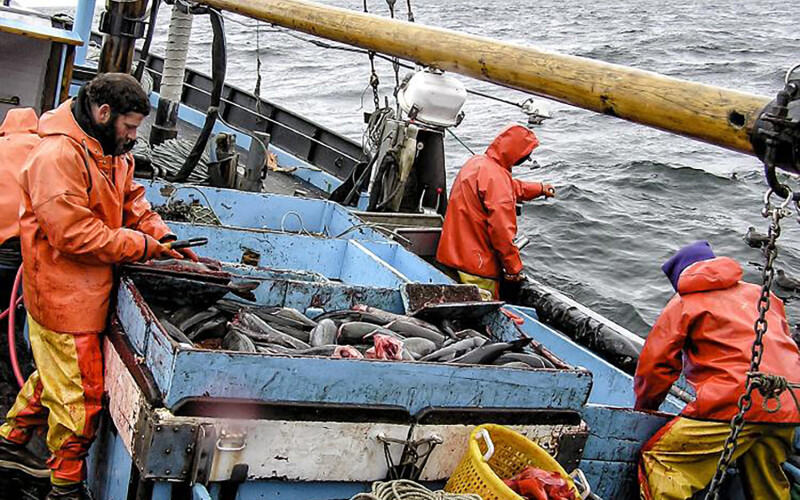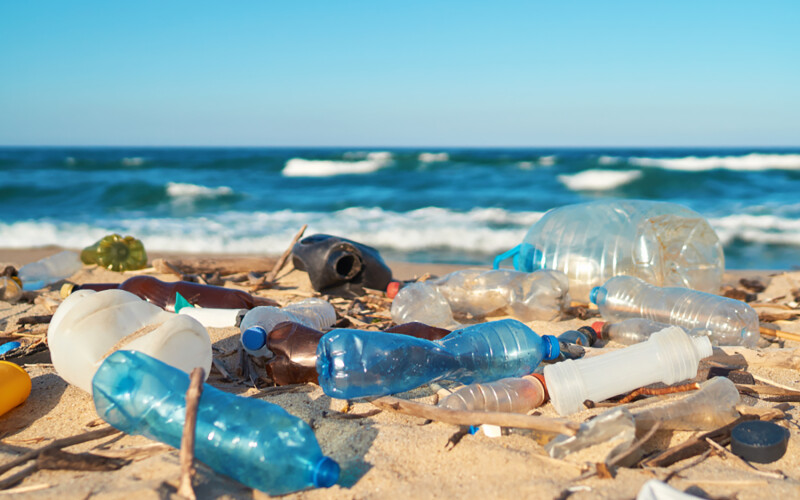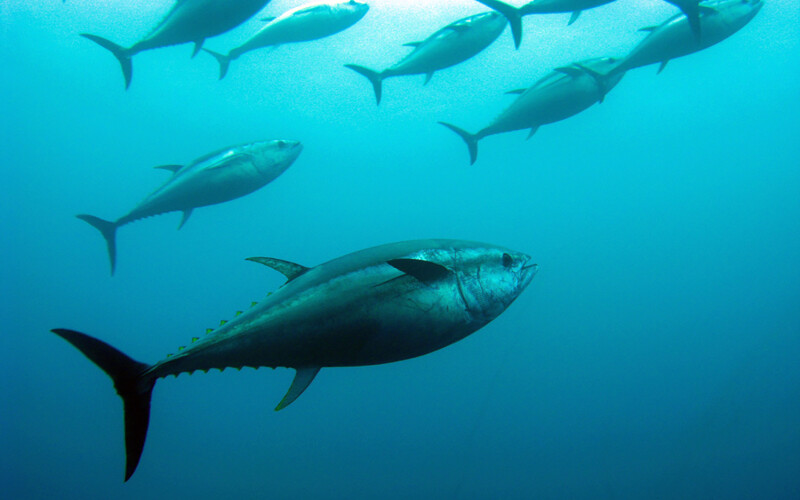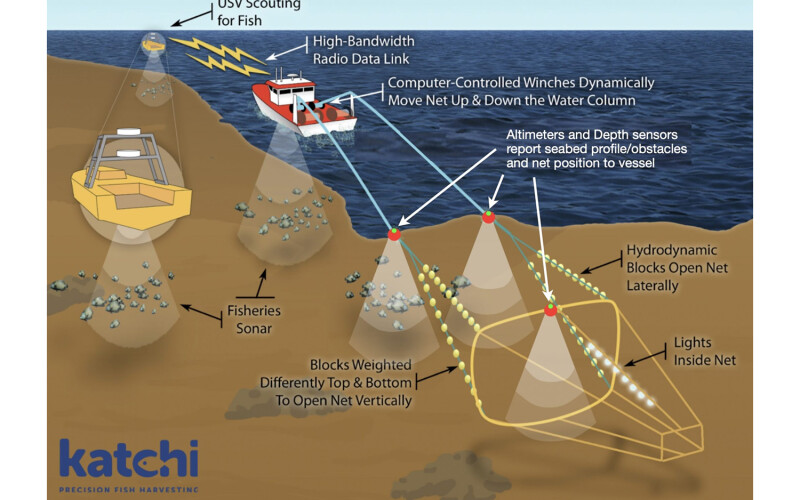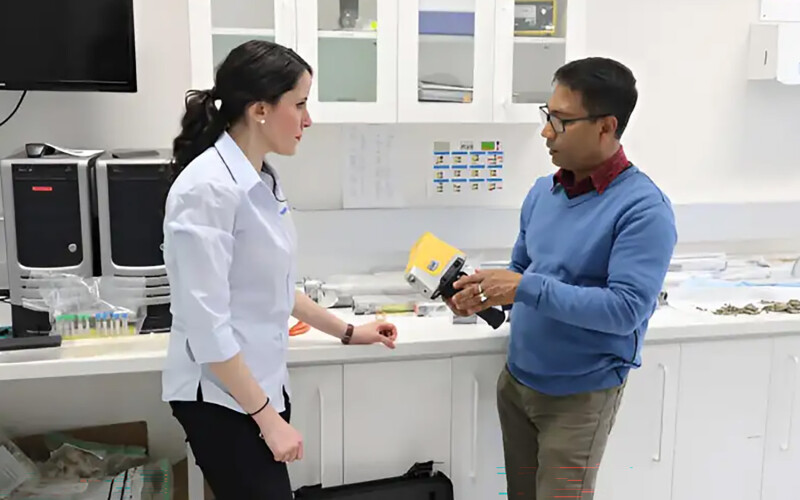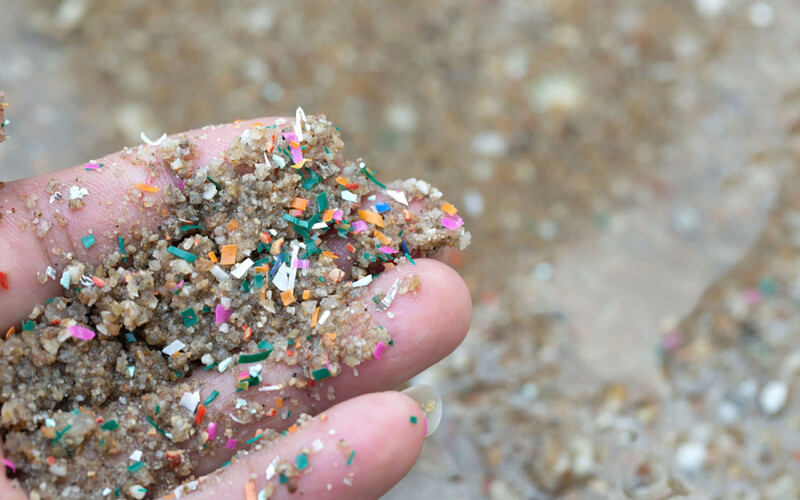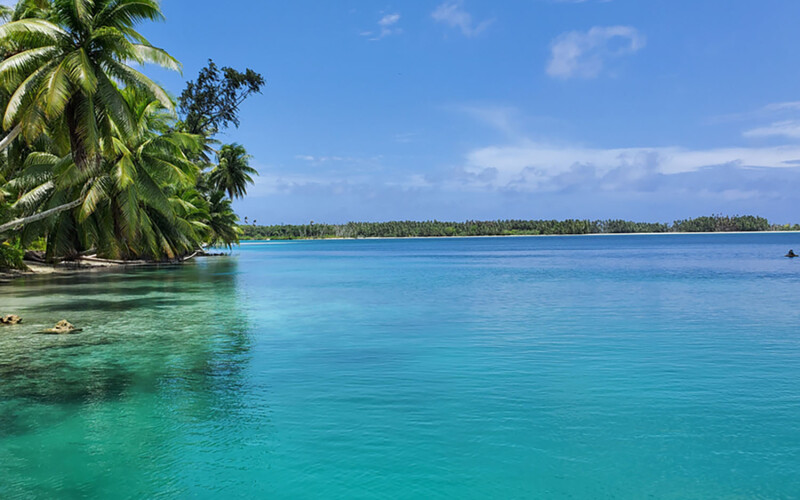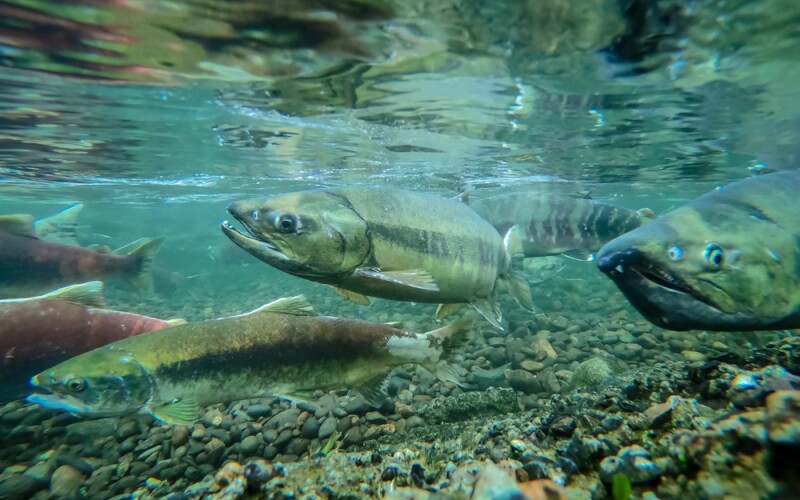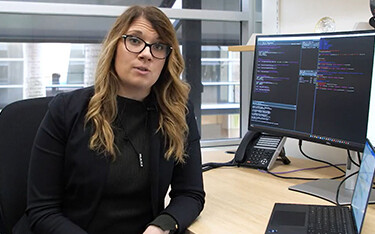Emma Desrochers is a freelance journalist based in Waialua, Hawaii, who writes about fisheries and sustainability. She graduated from Yale University in June 2021 with an undergraduate degree in environmental studies and mechanical engineering. She has contributed to the environmental conservation field through internships located in Ecuador, Thailand, and Hawaii.
Author Archive
Ahead of the fourth round of United Nations negotiations (INC-4) aiming to create a legally binding Global Plastics Treaty, nearly 30 U.S. environmental organizations representing over 15 states and territories have called on the Biden administration to intensify efforts to combat plastic pollution around the world.
In their letter to the administration, the groups outlined how the U.S. is particularly well-suited to become a leader in plastic
… Read MoreThe negative effects of bottom trawling on not only marine environments but local economies and societies have been the focus of several recent studies, with certain NGOs calling for a stop to the practice altogether.
Despite supplying a quarter of the world’s seafood, fishing via bottom trawling has sparked a longstanding debate on its impacts, including its potential harmful effects on deepwater ecosystems and the levels of carbon
… Read MoreAustralian researchers have developed a handheld device capable of determining seafood provenance that can distinguish whether a piece of seafood was wild-caught or farmed.
The device, which stems from a collaborative effort led by Australia’s Nuclear Science and Technology Organization (ANSTO) and included researchers at Australian governmental departments and Sydney-based universities, discerns the origin and production method of seafood
… Read MoreThe vast majority of stocks in the Northeast Atlantic Ocean are not meeting targets set over a decade ago that aimed to forecast healthy populations, despite fishing operations mostly hauling in catch in alignment with scientific advice, a new report finds.
The first “Quality Status Report” released by the Convention for the Protection of the Marine Environment of the Northeast Atlantic (OSPAR) since 2010 outlines the environmental
… Read MoreThere is a negligible difference between the amount of microplastics found in seafood and other types of protein, a new report has found.
The study, published in December 2023 and titled “Exposure of U.S. adults to microplastics from commonly consumed proteins” revealed that the number of microplastics per gram analyzed showed no significant difference between seafood, terrestrial meats, and plant-based proteins.
Additionally,
… Read MoreThe Palmyra Atoll FAD Watch Program – an initiative of Arlington, Virginia, U.S.A.-based global environmental nonprofit The Nature Conservancy (TNC) – has more than doubled the vessels participating in its program to 19 and has increased the size of the geofence it uses to collect biomass data near the Pacific Remote Islands Marine National Monument.
The program is the first drifting fish aggregation device (dFAD) partnership in the
… Read MoreA recent literature review that analyzed over 200 studies focusing on the release of hatchery salmonids, which include species such as salmon, trout, and char, revealed hatchery releases often adversely affect marine and freshwater wild salmonid populations.
The research, “A global synthesis of peer-reviewed research on the effects of hatchery salmonids on wild salmonids," which appeared in Fisheries Management and Ecology, scoured over 50
… Read MoreAn Australian doctoral student recently used artificial intelligence to digitally replicate aquaculture farms, a breakthrough allowing fish-farming companies to test new technology and management strategies before real-world implementation, potentially preventing major financial losses before these companies make large investments.
Jessica Hintzche, a doctoral student within University of Queensland’s Alliance for Agriculture and Food
… Read More






